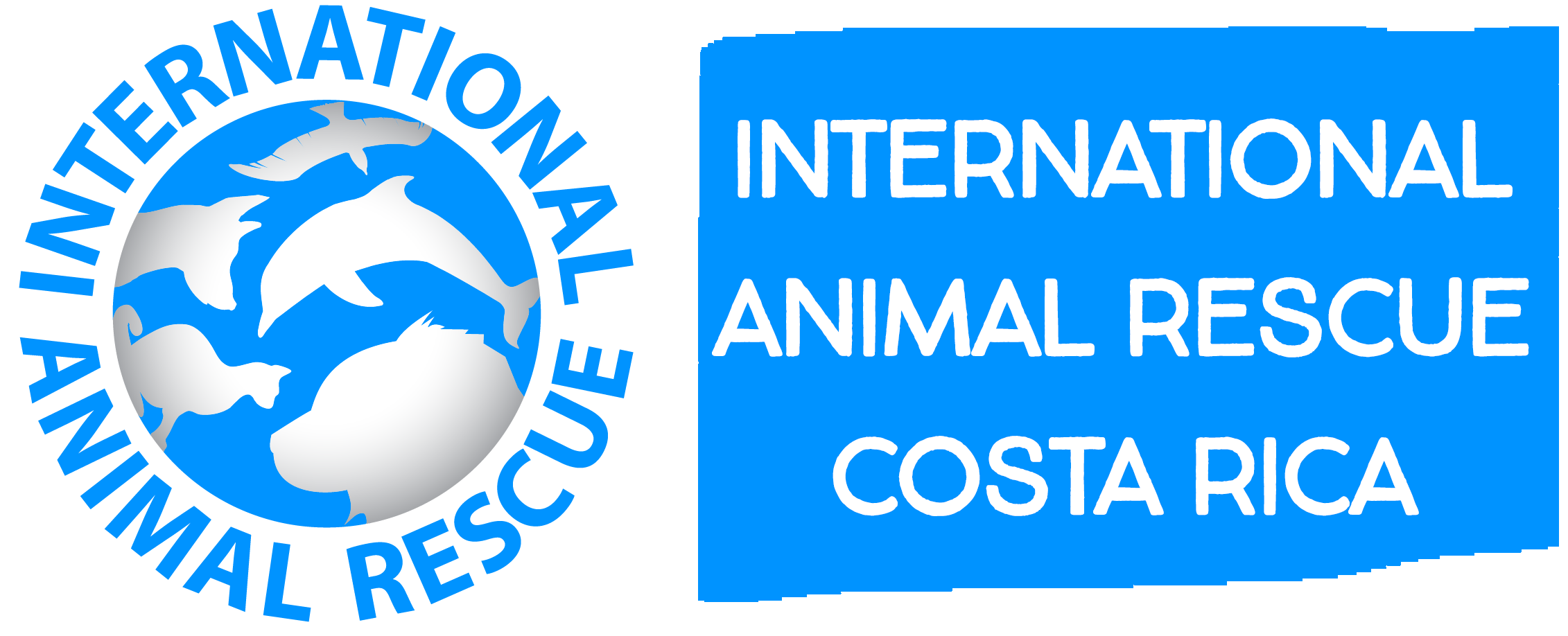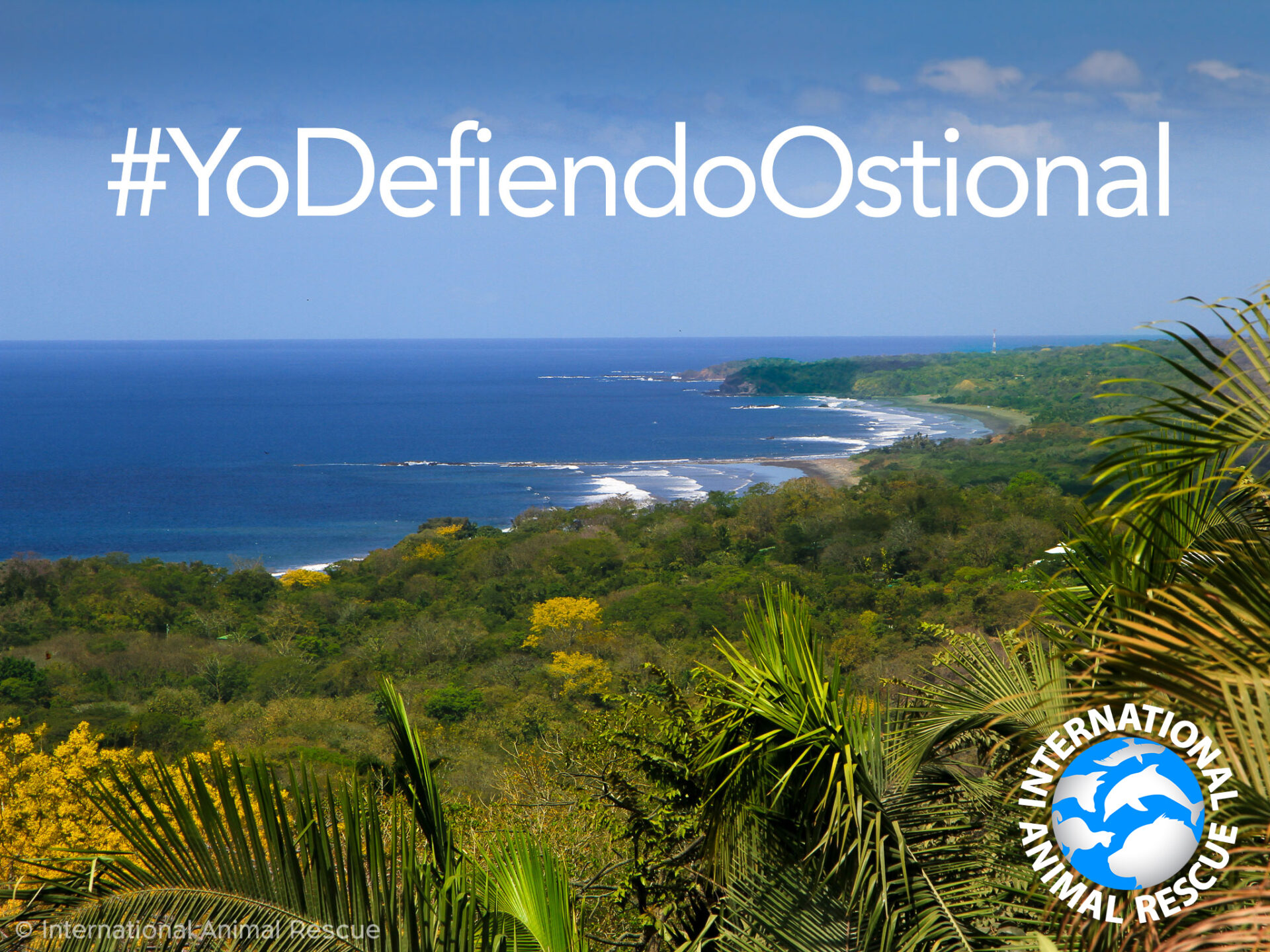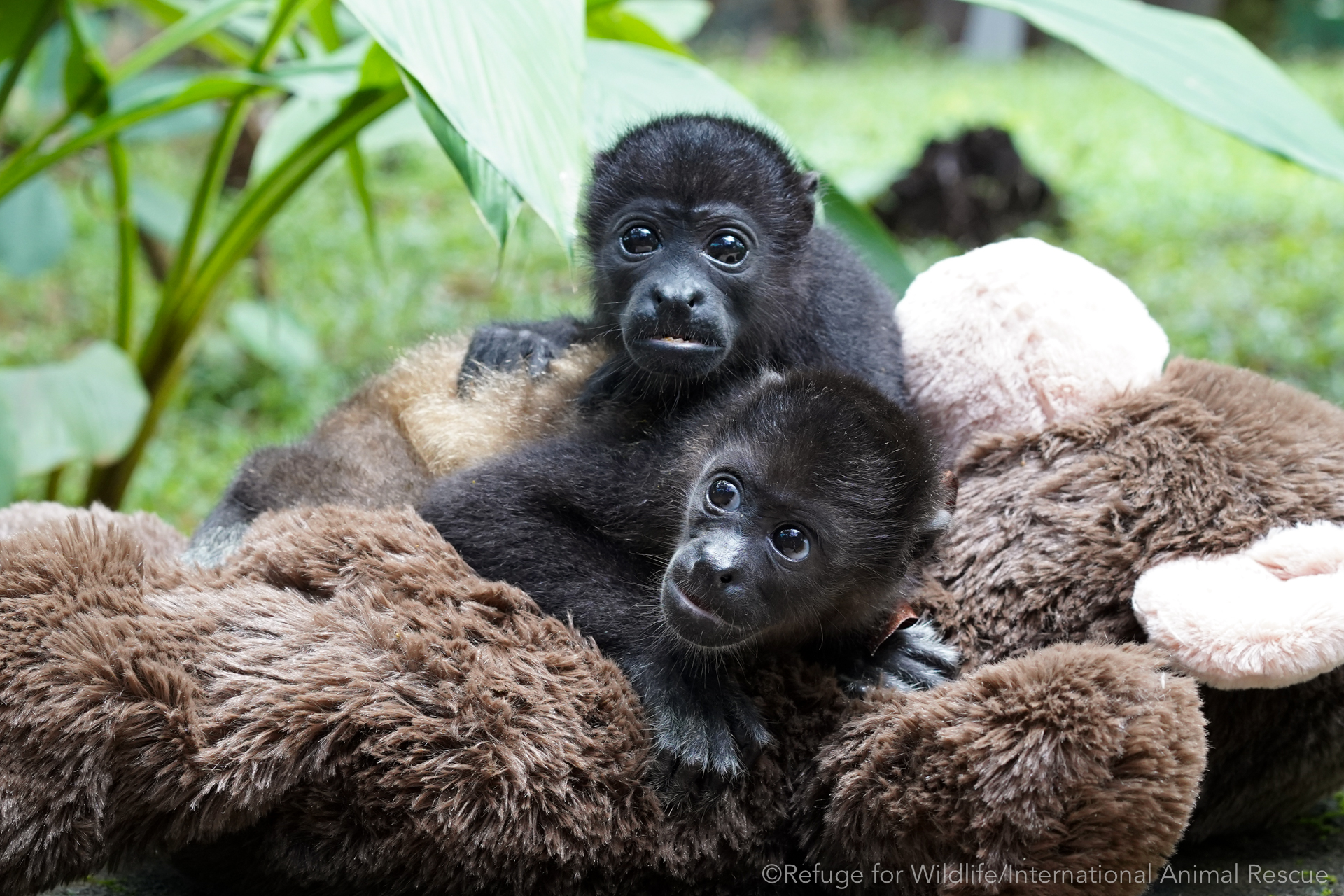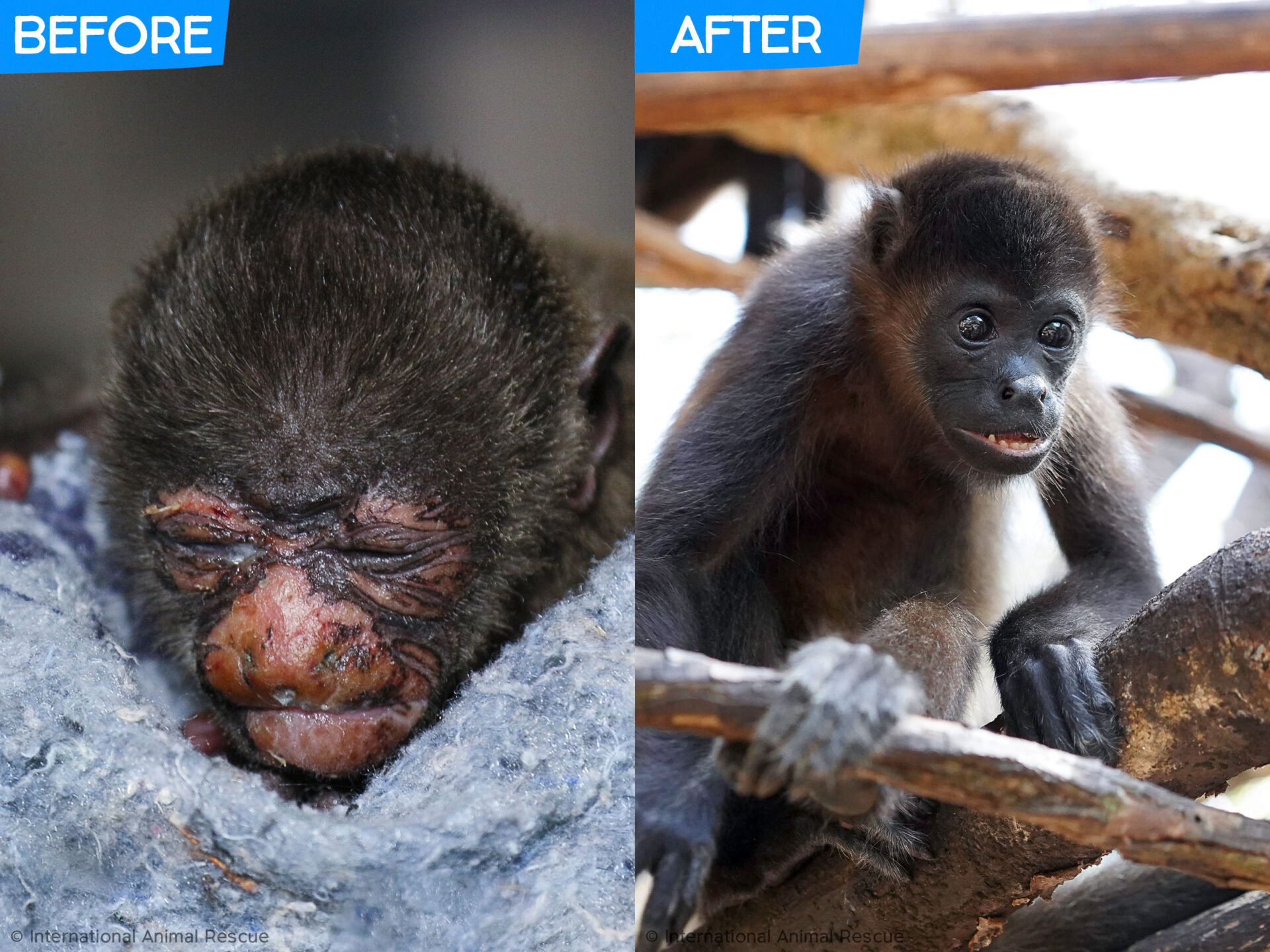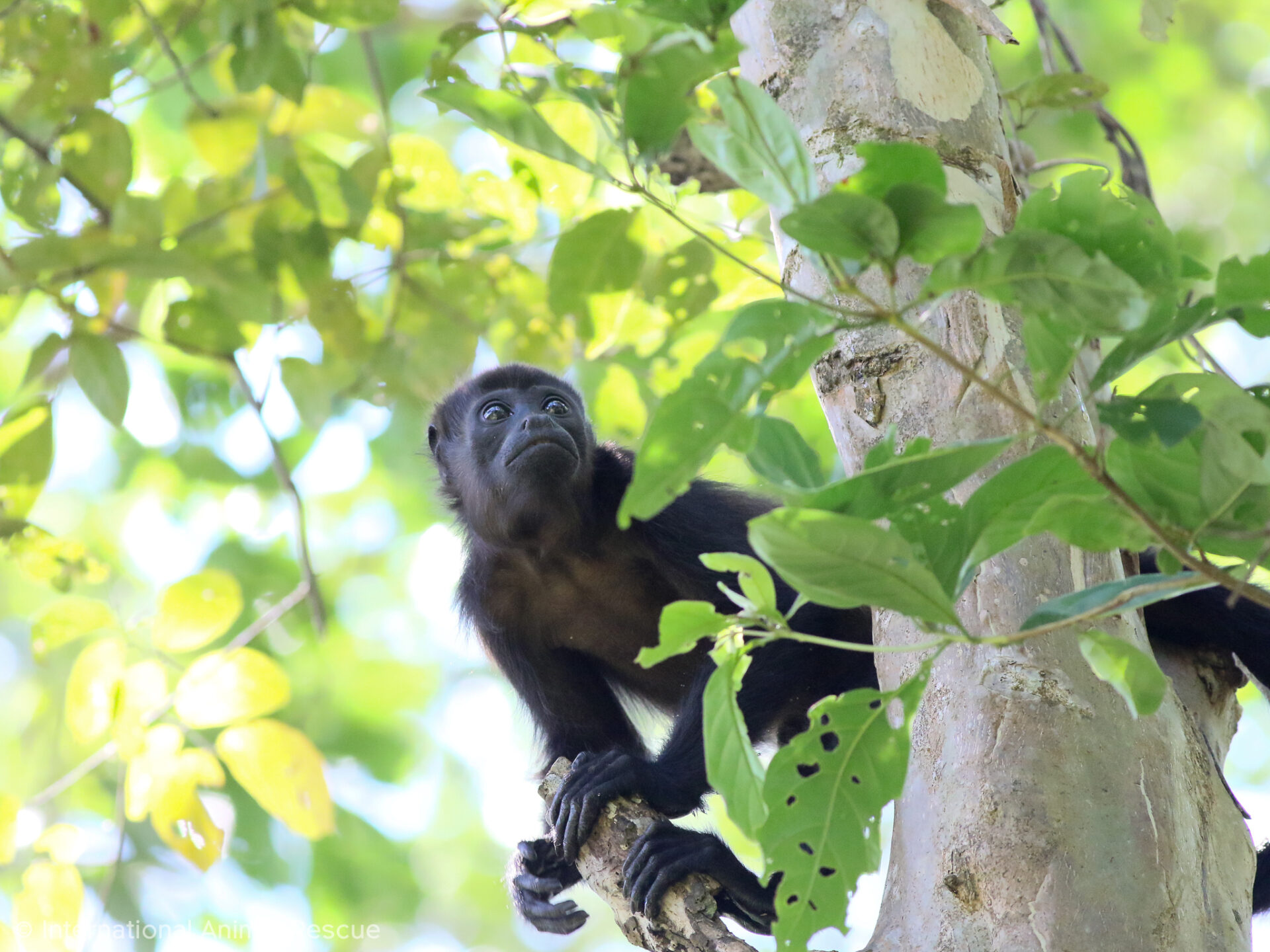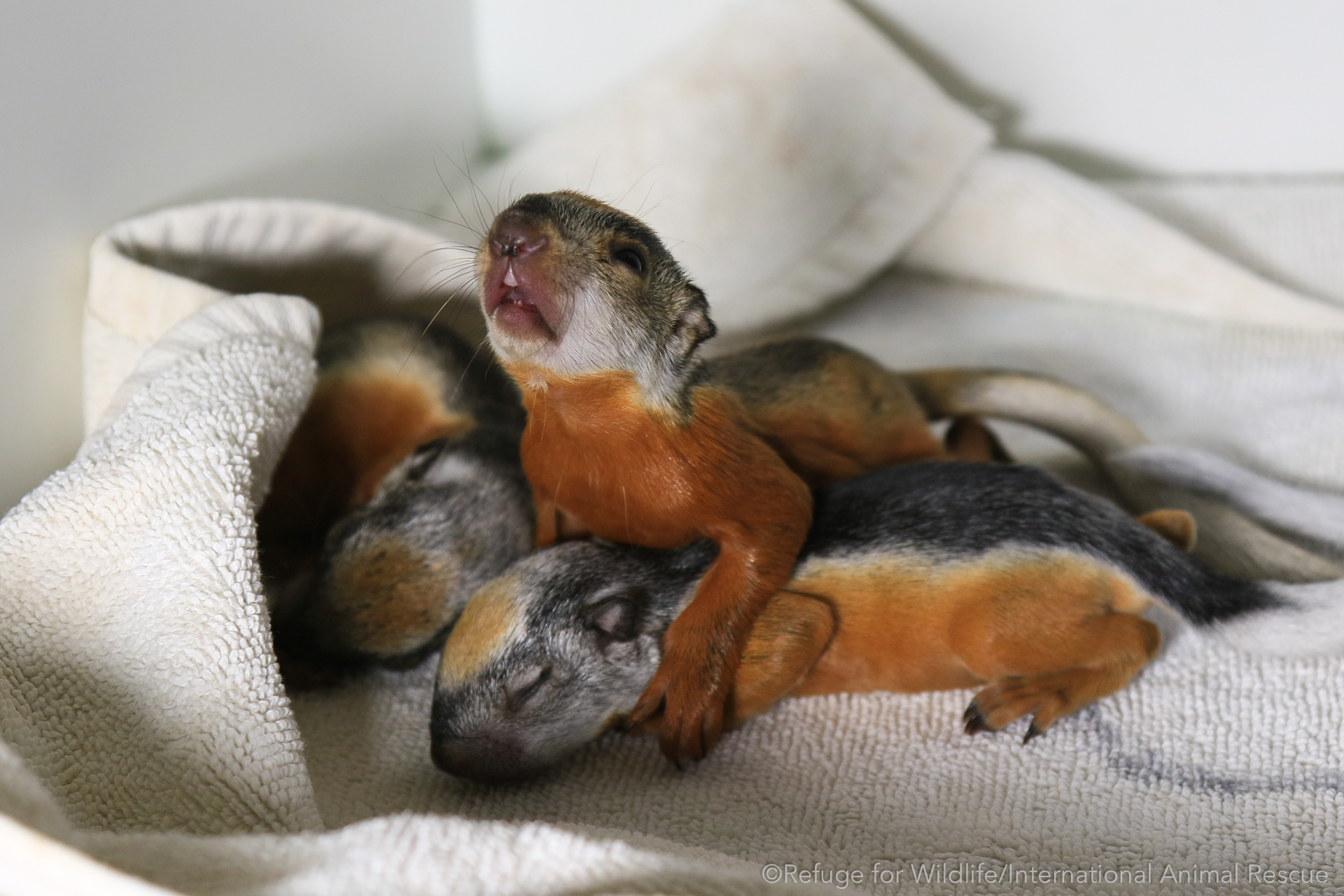
Helping Infant Wildlife
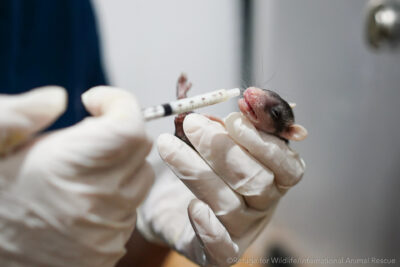 In the past several months, we have seen a surge in people trying to keep infant wildlife in their homes. If you find a wild animal that needs help, please call the local authorities (MINAE here in Costa Rica) or a rescue center (8824 3323 is our 24-hour emergency hotline for Nosara rescues). Never try to rehabilitate wildlife on your own. Not only is it illegal, but you could unknowingly harm or permanently damage the animal.
In the past several months, we have seen a surge in people trying to keep infant wildlife in their homes. If you find a wild animal that needs help, please call the local authorities (MINAE here in Costa Rica) or a rescue center (8824 3323 is our 24-hour emergency hotline for Nosara rescues). Never try to rehabilitate wildlife on your own. Not only is it illegal, but you could unknowingly harm or permanently damage the animal.
Feeding them the wrong foods can cause severe and fatal illness. Sadly, we receive many baby animals that have been kept by people for a few days only for them to finally call us when the animal starts to get really sick. Most of the time it’s too late and the animal has been fatally poisoned from being fed the wrong food. Infant wildlife need 24-hour special care, an incubator, veterinary treatment, and species-specific infant milk.
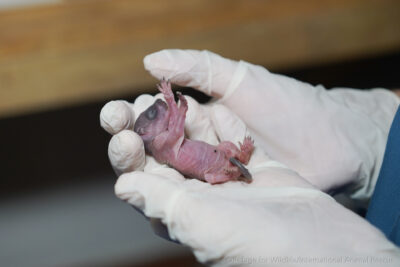 Treating injured wildlife with human medications can be fatal. Unfortunately, we encounter this often as well. Well-meaning people think they can help sick and injured animals by giving them medications designed for humans or domestic pets. This can be fatal and if the treatment doesn’t kill the animal it usually results in a highly resistant infection caused by incorrect doses of incorrect mediations that can impact an entire wild population of wildlife. Please let a wildlife veterinarian care for injured and sick wildlife.
Treating injured wildlife with human medications can be fatal. Unfortunately, we encounter this often as well. Well-meaning people think they can help sick and injured animals by giving them medications designed for humans or domestic pets. This can be fatal and if the treatment doesn’t kill the animal it usually results in a highly resistant infection caused by incorrect doses of incorrect mediations that can impact an entire wild population of wildlife. Please let a wildlife veterinarian care for injured and sick wildlife.
When you care for a wild animal at home, you end up treating them like a domesticated pet; allowing them to get close to you and depend on you. When you teach wildlife to become used to humans, it means they can never return to their forest home. Animal lovers can be very tempted to keep wildlife, but it is not possible to raise them correctly at home. Turning a wild animal into a pet is not an act of kindness, it is damaging the animal and making them vulnerable to illness and predators.
If you truly love wildlife, let them have the professional care they deserve so they can return to their natural life in the jungle. And if you want to help care for wildlife in need, you can volunteer or fundraise to support your local wildlife rehabilitation center!

